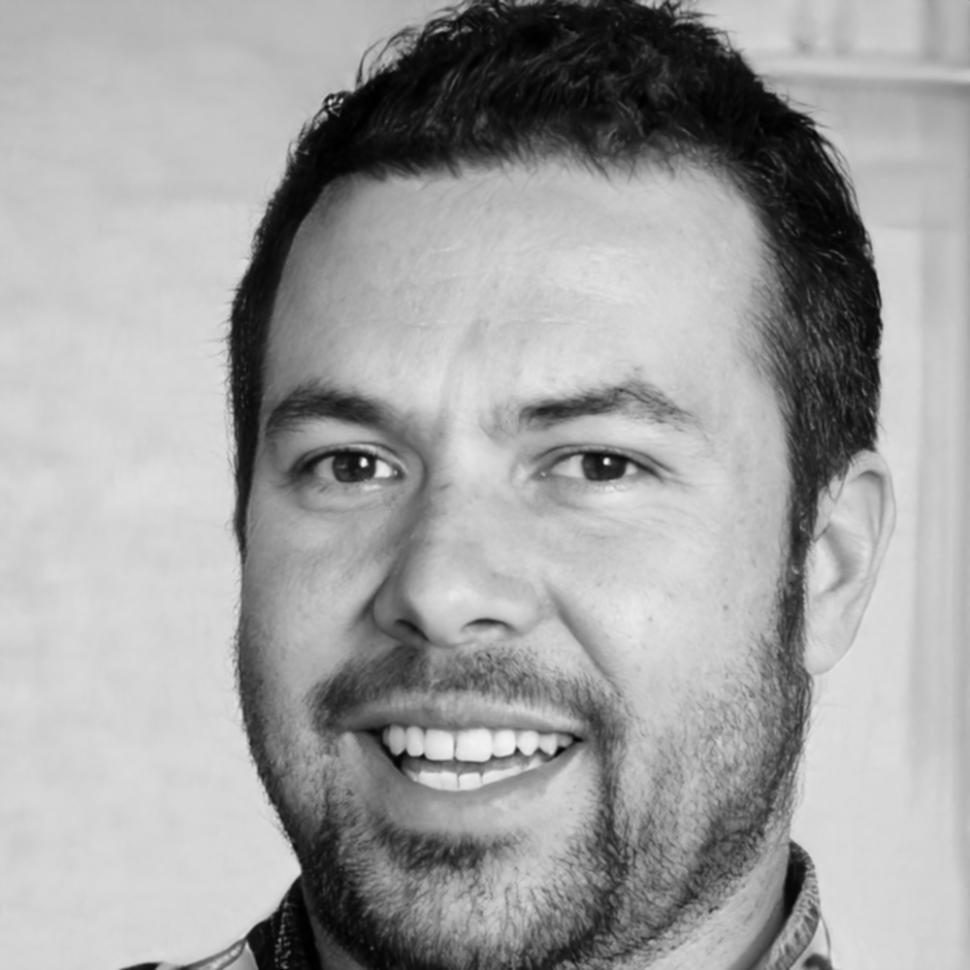Building Financial Futures That Actually Last
Most people manage money month-to-month. We teach you to think in decades. Our approach to long-term budgeting helps you see beyond next week's bills and start planning for the life you want twenty years from now.
Explore Learning Program

Why Most Budget Plans Fall Apart
Here's something nobody talks about: those monthly budgets everyone recommends? They're designed for short-term survival, not long-term prosperity. When you only plan thirty days ahead, you're always reacting to immediate problems instead of building toward something meaningful.
We've spent years watching people struggle with this disconnect. Someone might be brilliant at tracking their daily spending but completely unprepared when their car needs replacing or their kid starts university. That's because traditional budgeting tools weren't built for the big picture.
Our methodology shifts the entire conversation. Instead of asking "Can I afford this today?" you'll learn to ask "How does this decision affect my position in 2035?" It sounds simple, but this mental shift changes everything about how you interact with money.
Understand Our ApproachHow Our Program Works
We run intensive cohorts starting September 2025. Each program spans nine months because real financial transformation doesn't happen in a weekend workshop.
Foundation Phase (Months 1-3)
You'll map your current financial reality and project forward ten years. This isn't about judgment or shame. Most people discover they've been making reasonable decisions with incomplete information. We fix the information problem first.
Strategy Development (Months 4-6)
Now we build your actual long-term budget framework. You'll learn to account for everything from career transitions to property maintenance to healthcare costs that arrive in your fifties. Real life stuff that standard budgets completely ignore.
Implementation Phase (Months 7-9)
Theory means nothing without execution. We spend the final quarter stress-testing your plan against different scenarios and helping you build systems that make long-term thinking automatic rather than exhausting.

Teaching What Actually Works
I started developing this approach after watching too many talented people make good money but still feel financially precarious. The problem was never their income or their discipline. They simply didn't have a framework for thinking beyond the immediate future.
Our students typically spend about eight hours per week on coursework during active learning periods. That drops to roughly two hours monthly once you've built your core system. The time investment is real, but so are the results.
The difference between someone who's financially comfortable and someone who's constantly stressed often comes down to planning horizon. Extend that horizon from months to decades, and suddenly you're making completely different choices.